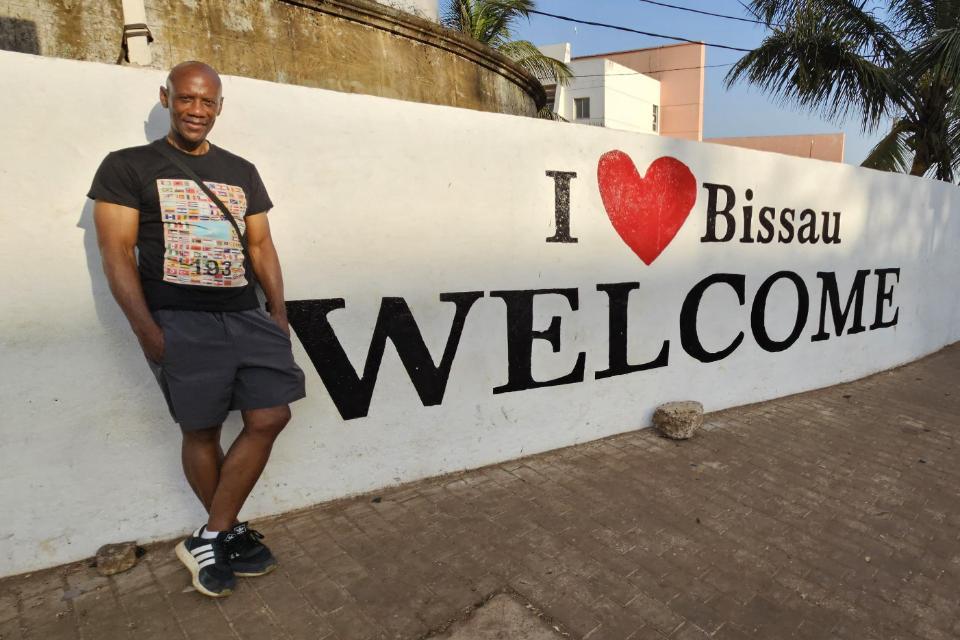- Lehman College >
- News >
- 2025 >
- Faculty Spotlight: Maurice Vann
News
Search All News
Monday, March 2, 2026
CONTACT
Office Hours
Monday - Friday 9am - 5pmClosed Sat. and Sun.
RELATED STORIES
March 30, 2026
Faculty Spotlight: Maurice Vann

January 6, 2025
With technologies like virtual reality (VR) increasingly employed in classrooms, Assistant Professor of Social Work Maurice Vann has been researching the potential of VR applications to enhance social work education. He used his 2022 CUNY BRES Fellowship to explore how VR technology can model anti-racist approaches to social work training.
However, Vann also sees VR’s potential as an effective intervention in the field. His work includes collaborations with the NYC Department of Probation on projects that use VR and animation to promote healing, resilience, and social development in at-risk and justice-involved young people and train them to navigate and de-escalate high-stress situations in their communities.
Vann has been on the Lehman faculty since 2020; he also holds an appointment at the CUNY Graduate Center. (His responses have been lightly edited for brevity.)
What drew you to your field of study?
As a child, I was a ward of the state and had contact with different social workers, without some of whom I would not be here today.
How has your research evolved?
I initially began my research by examining the effects of incarceration and reentry on urban communities. As my work delved deeper into issues surrounding policing, public safety, and incarceration, I developed a keen interest in the technologies employed for surveillance and law enforcement. In particular, I became intrigued by the algorithms and programs utilized by police departments across the country. This interest led me to participate in the 2018 Summer Institute for Computational Social Science, where I gained foundational skills in coding.
What got you interested in exploring VR in the context of social work education, policy and the criminal justice system?
As I honed my computational skills, my curiosity expanded to include virtual and augmented reality technologies. This marked a pivotal moment in my evolution, as I began exploring how these cutting-edge tools could be leveraged to enhance and innovate within the field of social work.
What kind of impact do you hope your work will have?
I hope it will have a transformative impact on social work curriculum and pedagogy at Lehman and other schools of social work. Incorporating emerging technologies into our curriculum will promote technological literacy for social workers, and highlights for our students the importance of staying abreast of technological advancements in the field of social work.
How can VR improve social work education?
The use of VR technologies with respect to educating social workers and providing services to those in need is limitless. I can imagine a world where these technologies are fully integrated into social work classrooms. Whereas now, in many classes, we use role play as a pedagogical tool to help students understand scenarios they may confront while working in the field, in the very near future, social workers will experience these scenarios in classrooms via virtual reality rather than role play.









